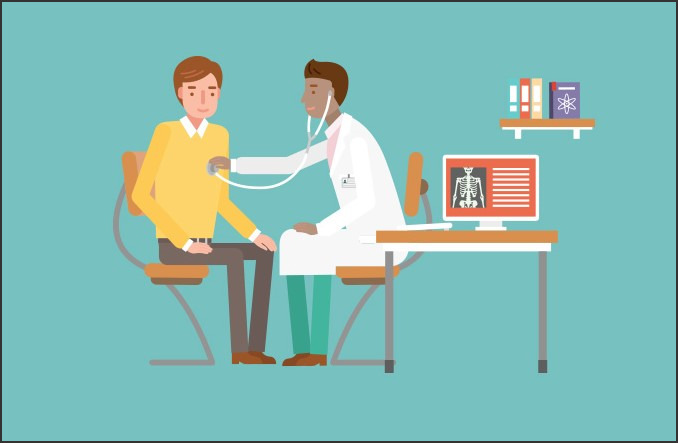
Chronic Obstructive Pulmonary Disease (COPD) is a progressive lung disease that affects millions of people worldwide. As the disease progresses, the symptoms become more severe and can significantly reduce a person’s quality of life. End stage COPD symptoms are the most severe and can be life-threatening. Recognizing the signs of late-stage COPD is important for seeking treatment and managing the disease. In this article, we will discuss the common end stage COPD symptoms and how to recognize them.
Understanding the Signs and Symptoms of End Stage COPD: What to Look For
End stage COPD is a severe form of chronic obstructive pulmonary disease (COPD) that is characterized by a significant decline in lung function. It is the most advanced stage of COPD and is associated with a poor prognosis. End stage COPD is associated with a number of signs and symptoms that can be difficult to recognize and manage. It is important to be aware of these signs and symptoms so that appropriate treatment can be provided.
The most common signs and symptoms of end stage COPD include shortness of breath, fatigue, and a persistent cough. Shortness of breath is the most common symptom and is often accompanied by a feeling of tightness in the chest. This can be exacerbated by physical activity or even by simply talking. Fatigue is also a common symptom and can be caused by the body’s inability to get enough oxygen. A persistent cough is also a common symptom and can be accompanied by a production of mucus or phlegm.
Other signs and symptoms of end stage COPD include weight loss, swelling in the ankles and feet, and an increased risk of infection. Weight loss is often caused by the body’s inability to absorb nutrients properly. Swelling in the ankles and feet can be caused by fluid retention due to the body’s inability to remove excess fluid. An increased risk of infection is also associated with end stage COPD due to the weakened immune system.
It is important to be aware of the signs and symptoms of end stage COPD so that appropriate treatment can be provided. If you or a loved one is experiencing any of the above symptoms, it is important to seek medical attention as soon as possible. Early diagnosis and treatment can help to improve quality of life and reduce the risk of complications.
Managing End Stage COPD Symptoms: Tips for Improving Quality of Life
End stage COPD is a serious and life-limiting condition that can significantly reduce quality of life. While there is no cure for COPD, there are a number of strategies that can help manage symptoms and improve quality of life. Here are some tips for managing end stage COPD symptoms and improving quality of life:
1. Stay active: Exercise is an important part of managing COPD symptoms. Regular physical activity can help improve breathing, reduce fatigue, and improve overall quality of life. Talk to your doctor about an exercise plan that is right for you.
2. Eat a healthy diet: Eating a balanced diet can help improve your overall health and reduce COPD symptoms. Focus on eating plenty of fruits, vegetables, and lean proteins. Avoid processed foods and foods high in sugar and fat.
3. Quit smoking: Smoking is the leading cause of COPD and quitting can help reduce symptoms and improve quality of life. Talk to your doctor about quitting smoking and they can help you find the right resources to help you quit.
4. Get enough rest: Getting enough rest is essential for managing COPD symptoms. Make sure to get at least 7-8 hours of sleep each night and take regular naps during the day if needed.
5. Manage stress: Stress can worsen COPD symptoms, so it is important to find ways to manage stress. Try relaxation techniques such as yoga, meditation, or deep breathing exercises.
6. Stay connected: Social isolation can worsen COPD symptoms, so it is important to stay connected with family and friends. Consider joining a support group or online community to connect with others who are living with COPD.
By following these tips, you can help manage end stage COPD symptoms and improve your quality of life. Talk to your doctor about any concerns or questions you may have.
Conclusion
In conclusion, recognizing the late-stage symptoms of COPD is essential for providing the best possible care for those affected by the disease. Early diagnosis and treatment can help to slow the progression of the disease and improve quality of life. It is important to be aware of the signs and symptoms of late-stage COPD, as well as the risk factors associated with the disease, in order to ensure that those affected receive the best possible care.